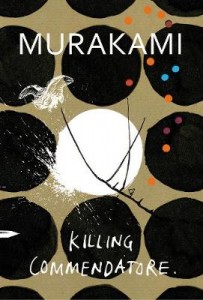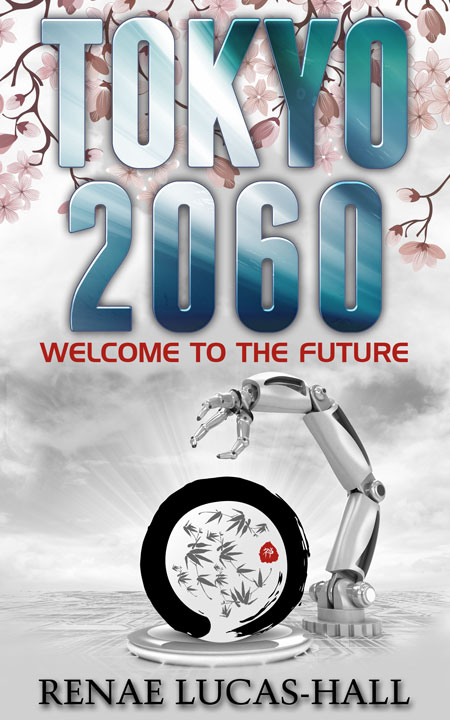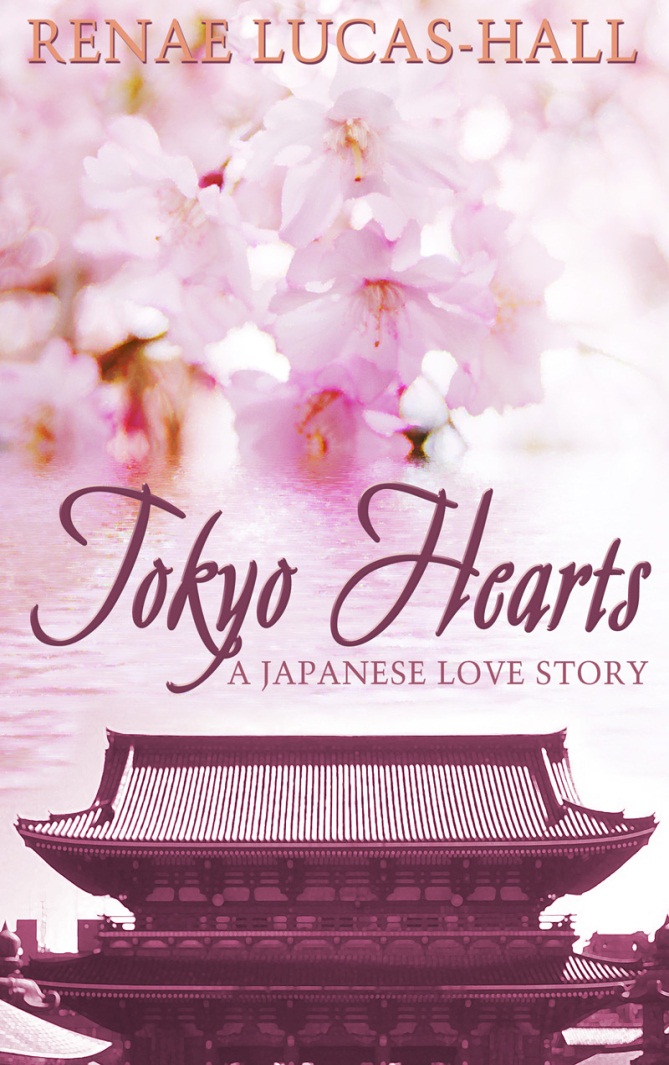I recently read and reviewed Killing Commendatore for Books on Asia, a wonderful reference site that describes itself as a “guide to finding quality books on Japan and Asia from new releases to enduring classics, that deserve to be read, discovered and discussed.”
If you’re thinking about reading Murakami’s latest book and you want to know whether it’s worth your time or if you’ve already read it and you’re interested in an in-depth discussion on all the themes and symbolism in this epic novel then head on over to Books on Asia to read the review. While you’re there you’ll definitely find a lot of other Japan-related books to pique your interest.
 Below are 20 awe-inspiring quotes from Killing Commendatore by Haruki Murakami. Some of them are beautifully written similes, but I’ve also included some deeply philosophical quotes. I’m a writer so I tend to judge a book from a novelist’s point of view but it doesn’t matter whether you’re a reader or a writer like myself, I’m sure you’ll be equally impressed by Murakami’s clear and elegant prose and the way he makes us think more laterally, broadening our perceptions and perspectives on life and the people around us:
Below are 20 awe-inspiring quotes from Killing Commendatore by Haruki Murakami. Some of them are beautifully written similes, but I’ve also included some deeply philosophical quotes. I’m a writer so I tend to judge a book from a novelist’s point of view but it doesn’t matter whether you’re a reader or a writer like myself, I’m sure you’ll be equally impressed by Murakami’s clear and elegant prose and the way he makes us think more laterally, broadening our perceptions and perspectives on life and the people around us:
…………………………………………….
1. “Look deep enough into any person and you will find something shining within. My job was to uncover this and, if the surface is fogged up (which was more often the case), polish it with a cloth to make it shine again.” (p. 15)
2. “Our lives really do seem strange and mysterious when you look back on them. Filled with unbelievably bizarre coincidences and unpredictable, zigzagging developments. While they are unfolding, it’s hard to see anything weird about them, no matter how closely you pay attention to your surroundings. In the midst of the everyday, these things may strike you as simply ordinary things, a matter of course. They might not be logical, but time has to pass before you can see if something is logical.” (p. 58)
3. “If he lived with someone he knew he would end up detesting them. Whether it was his parents, a wife, or children. He feared that above all. He wasn’t afraid of loving someone. What he feared was growing to hate someone. For all that, he had loved her very deeply. He’d never loved any other woman so deeply, and probably never would again. “Even now there’s a special spot inside me just for her,” Menshiki said. “A very real spot. You might even call it a shrine.”” (P.145)
4. “”Nirvana is found beyond life and death. You could see it as the idea that even if the flesh dies and disappears, the soul goes over to a place beyond life and death. Worldly flesh is nothing more than a temporary dwelling.”” (p. 165)
5. “Even after we broke up, it felt like my wife and I were still connected by a single living tube. An invisible tube, but one that was still beating slightly, sending something like hot blood traveling back and forth between our two souls. I still had that sort of organic sensation. But before long, that tube would be severed.” (p. 186)
6. “The longer I looked at the painting, the less clear was the threshold between reality and unreality, flat and solid, substance and image. Like Van Gogh’s mailman, who, the longer you looked, seemed to take on a life of his own. Same with the crows that he painted—nothing but rough black lines, but they really did seem to be soaring through the sky.” (p. 240)
7. “When people try to use a method other than the truth to follow along the path of understanding, it is like trying to use a sieve to hold water.” (p. 302)
8. “this woman, Yuzu, refused to love this man, me, and chose instead to be loved by someone else. It felt terribly absurd, a horribly ugly way to be treated. There wasn’t any anger involved (I think). I mean, what was I supposed to be angry with? What I was feeling was a fundamental numbness. The numbness your heart automatically activates to lessen the awful pain when you want somebody desperately and they reject you. A kind of emotional morphine.” (p. 315)
9. “I mean, it’s the first time I ever got divorced.” “What does it feel like?” “A bit bizarre, I guess. Like you’re walking along as always, sure you’re on the right path, when the path suddenly vanishes, and you’re facing an empty space, no sense of direction, no clue where to go, and you just keep trudging along. That’s what it feels like.”” (p. 326)
10. ““You’re saying there’s something similar in our eyes?”
“Maybe it’s because they reflect your true feelings. Curiosity, enthusiasm, surprise, suspicion, reluctance—I can see those subtle emotions in both your eyes and hers. Your faces aren’t all that expressive, but your eyes really are the windows to your hearts. Most people are the opposite. Their faces are expressive, but their eyes aren’t nearly so lively.”” (pp. 362–363)
11. “I had taken a nap, but my head was muddled. It felt like a ball of yarn had been crammed into the back of a narrow desk drawer, and now the drawer wouldn’t close properly.” (p. 364)
12. “Today we talk about post-traumatic stress disorder, but that phrase—even that concept—was unknown then. In that deeply militaristic society, people like my uncle were dismissed as lacking courage, or patriotism, or strength of character. In wartime Japan, such ‘weakness’ was neither understood nor accepted.” (p. 397)
13. “Mariye was silent, her eyes fixed on the teapot on the table. She looked like a lone night heron motionless on the shore, glaring at the water’s surface for hours on end.” (p. 410)
14. “Once Mariye made up her mind not to speak, trying to reach her was like ladling water onto a parched desert.” (p. 419)
15. “Yet the thought of the two of them together left me bereft. As if I were standing in a station watching a long, empty train pass by.” (p. 474)
16. “Perhaps time really had stopped. Then again, maybe it kept nudging forward despite the fact that evolution, or anything resembling it, had ended. Like a restaurant approaching closing time that has stopped taking orders. And I was the only one who hadn’t figured it out.” (p. 478)
17. ““Walls were originally erected to protect people. From external enemies, storms, and floods. Sometimes, though, they were used to keep people in. People are powerless before a sturdy, towering wall. Visually and psychologically. Some walls were constructed for that specific purpose.”” (p. 487)
18. “But it went without saying that his life was bounded by time, space, and probability. Like everyone else’s in this world. None of us could escape those constraints, as long as we lived. Each of us was enclosed by sturdy walls that stretched high in the air, surrounding us on all sides. Probably.” (p. 501)
19. “Yet what was time, when you got right down to it? We measured its passage with the hands of a clock for convenience’s sake. But was that appropriate? Did time really flow in such a steady and linear way? Couldn’t this be a mistaken way of thinking, an error of major proportions?” (p. 583)
20. “When it came down to it, though, could anything be completely correct, or completely incorrect? We lived in a world where rain might fall thirty percent, or seventy percent, of the time. Truth was probably no different. There could be thirty percent or seventy percent truth. Crows had it a lot easier. For them, it was either raining or not raining, one or the other. Percentages never crossed their minds.” (p. 609)
…………………………………………………….
I’d like to say a BIG thank you to Haruki Murakami’s publisher in the UK, Harvill Secker, for sending me a review copy of Killing Commendatore. I thoroughly enjoyed this book and I hope my review on Books on Asia reflects this.
I’d also like to thank Amy Chavez, the Editor of Books on Asia, for including my review on her marvellous website.
………………………………………………….











